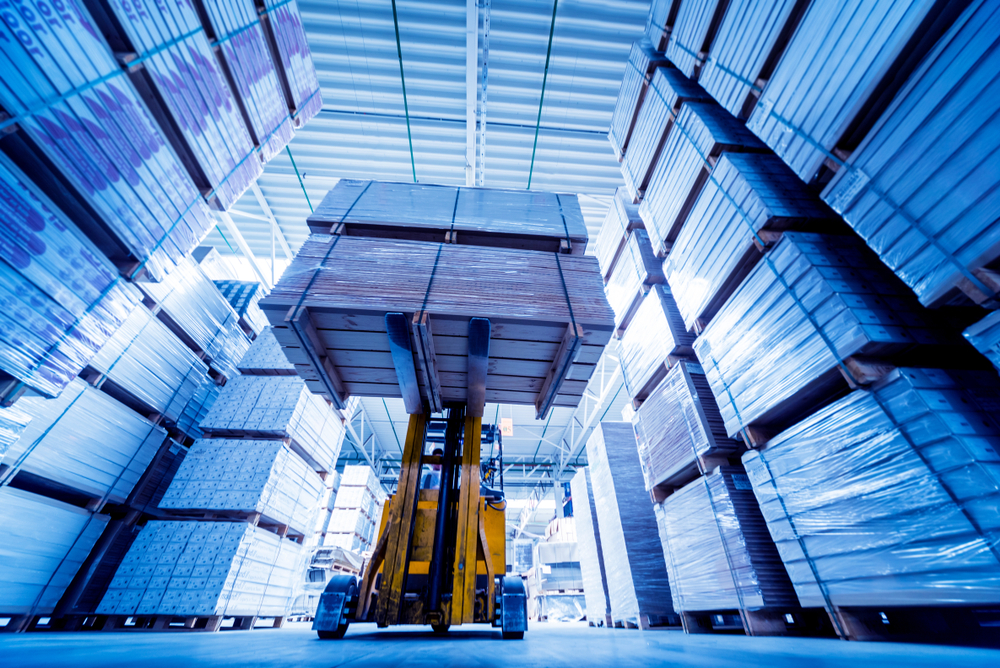Businesses have different needs when it comes to distribution and fulfillment centers. Some businesses may require a warehouse that can handle large quantities of products, while others may only need a center that can package and ship orders quickly. No matter what the business' needs are, there is a type of distribution warehousing and fulfillment center that can meet them. In addition, there are many benefits to using a warehouse or fulfillment center for business inventory.
Different Types of Distribution Warehouses
Distribution warehousing is the storage of products and materials by a third-party provider. Distribution warehouses are usually much larger than traditional warehouses, and they are designed to store large quantities of product. There are three main types of distribution warehouses:
-
Public warehouses: These are owned by companies that provide storage space to multiple businesses.
-
Contract warehouses: These are owned by companies that store product for a single business under a long-term contract.
-
Dedicated warehouses: These are owned by companies that store product for a single business and are not used by any other businesses.
Benefits of Using Warehouse or Fulfillment Centers
There are many benefits to using a warehouse or fulfillment center for business inventory.
One of the biggest benefits is that it frees up space in the business' own facility. This can be especially helpful for businesses that have limited storage space. Another benefit of using a warehouse or fulfillment center is that it can save the business money.
Warehouses and fulfillment centers often have volume discounts with shipping companies, so they can pass those savings on to their customers. In addition, most warehouses and fulfillment centers offer some type of order tracking system, so businesses can keep track of their inventory levels and know when they need to reorder products.
Who Should Use a Warehouse or Fulfillment Center?
There are several types of businesses that can benefit from using a warehouse or fulfillment center.
Businesses that have limited storage space in their own facility can use a warehouse or fulfillment center to store excess inventory. Businesses that sell products online can use a fulfillment center to package and ship orders. And businesses that sell products in multiple locations can use a warehouse to store inventory and ship it to their different locations as needed.
Businesses that sell products online or that have a large number of orders to fulfill are good candidates for using a warehouse or fulfillment center. Using a warehouse or fulfillment center can help businesses save time and money, and it can also help them reach more customers.
Cost of Warehouses and Fulfillment Centers
The cost of using a warehouse or fulfillment center will vary depending on the size of the facility, the location, and the services that are provided.
Most warehouses and fulfillment centers charge by the square foot, so the cost will be based on the amount of space that is used. In addition, many warehouses and fulfillment centers charge a monthly fee for storage, and some also charge a picking fee for every order that is fulfilled.
The cost of using a warehouse or fulfillment center will vary depending on the business' needs, but it is typically much less than the cost of renting or leasing additional space.
The cost of using a warehouse or fulfillment center will vary depending on the size of the business and the services that are required. However, businesses can typically expect to pay between $50 and $200 per month for storage space, plus an additional fee for shipping. Some warehouses offer same day fulfillment and 2-day shipping on orders. This can be a great option for businesses that need to save time and money.